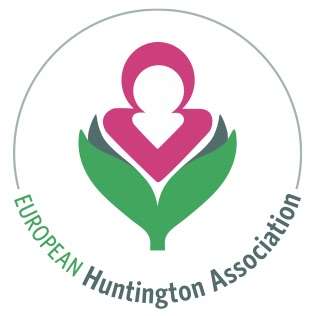In January, patient advocates visited the European Reference Network for Rare Neurological Diseases. During the meeting, they discussed how to provide better care and improve knowledge of rare diseases.
From www.ern-rnd.eu | Meeting video below
The aims of European Reference Network for Rare Neurological Diseases (ERN- RND) are to address the unmet needs of more than 500,000 people living with rare neurological diseases in Europe. 60% of those are still undiagnosed.
Want to learn more about ERN? Watch a YouTube video.
Through coordination and knowledge transfer, ERN-RND shall establish a patient-centered network to address the needs of patients of all age groups, by implementing an infrastructure for diagnosis, evidence-based management, treatment and collection of patient data.
The diseases ERN-RND covers are:
Cerebellar Ataxia & Hereditary Spastic Paraplegias (HSPs)
Chorea & Huntington’s disease
Dystonias, Neurodegeneration with Brain Iron Accumulation (NBIA) & Paroxysmal Disorders
Frontotemporal Dementia
Leukodystrophies
Atypical Parkinsonism: Multiple System Atrophy (MSA), Progressive Supranuclear Palsy (PSP) & Genetic Parkinson’s Disease

Patient Advocates
In 2016, the European Patient Advocacy Group (ePAG) for rare diseases was established. The group consists of 6 representatives with a background from different rare diseases. ePAG is an important partner in the European Reference Network.
Find the patient advocates here.
In January, the patient advocates travelled to the ERN-RND coordination office in Tübingen, Germany to talk about the status of rare diseases in Europe and the next steps.
During the meeting, the groups discussed how to work together. Some of the upcoming work is to create Patient Journeys for the various diseases. The patient advocates will also develop promotional material and share news to raise awareness and knowledge.
Following the meeting, ERN-RND wrote on their facebook:
– It was a very busy day and we’re happy we got to catch up with our patient advocates, share ideas and decide on the next steps to continue moving forward altogether.
